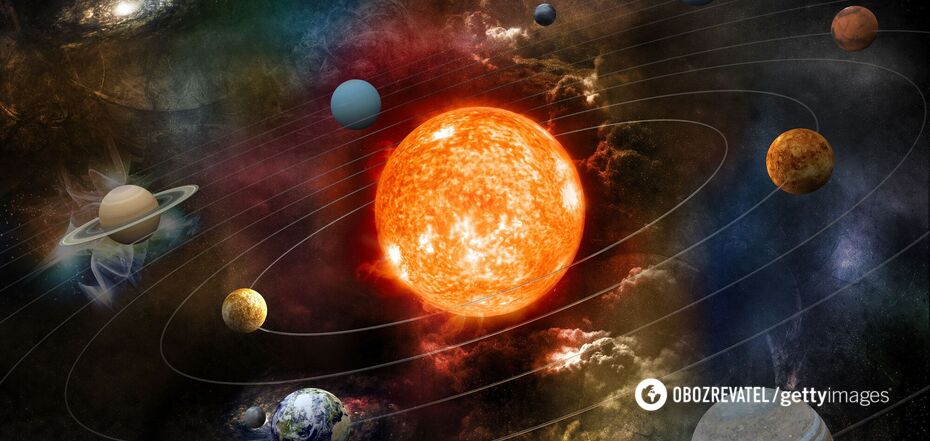News
Terrifying fate: what will happen to Earth and other planets after Sun's death
Compared to how long the average person lives or even the existence of the species homo sapiens, we can consider our solar system almost immortal. However, science knows that the Sun has existed for 4.6 billion years and that in another 7-8 billion years, the people of the future will face a devastating catastrophe.
Ethan Siegel, PhD and astrophysicist, provided details on how the Sun will die and what it means for each of the planets in our system in an article for Big Think. Earth is likely to be one of the direct victims of the spectacular death of our star.
Today, our solar system is relatively stable. Eight planets, an asteroid belt, the Kuiper belt, and the Oort cloud orbit the Sun. Our star was formed about 4.6 billion years ago and has grown by 14% since then. But this is not the end of evolution. Over time, the Sun will turn into a subgiant, doubling in size, and then become a true red giant, growing about 100 times larger and increasing in brightness several hundred times. The final monstrous transformation will take place in 7-8 billion years, but scientists already know how it will affect the entire solar system.
The Sun exists due to processes in the core, where hydrogen is converted into helium. However, hydrogen is not infinite in the depths of the star, so when its reserves are depleted, the Sun will become a subgiant. After this stage, it will turn into a red giant, which melts helium in its cores. The red giant phase for a star like the Sun will result in luminosity that is hundreds or even more than 1000 times greater than the current brightness.
Mercury and Venus will be the first victims of the Sun's deathbed evolution and will be swallowed up.
When the Sun becomes a true red giant, the same fate may await the Earth. Scientists are still putting forward theories about what exactly will happen: the Sun may swallow the Earth completely, engulf it with its outermost layers, or at least fry it like never before. So, the hope that our home will survive such tumultuous events is very vague.
Let's get back to the solar system because whatever the fate of the Earth, it is likely to be the last victim of the red giant.
The red giant sun will radiate much more energy than it does now, but it will be colder and have a lower surface temperature.
Scientists believe that although Mars, Jupiter, and Saturn will lose their atmospheres, they will not be destroyed by the evolution of the Sun.
Instead, asteroids, the Kuiper belt, and objects in the inner Oort cloud will be heated so much that they will lose all their ice. After that, only stone and metal cores will remain.
After the red giant phase, the Sun will turn into a planetary nebula with a white dwarf in its center. During this transformation, the Sun's core will shrink, throwing off the outer layers that will definitely push the Oort Cloud and Kuiper Belt out of the system, and may also send Uranus and Neptune flying.
The white dwarf, into which our Sun is evolving, will be able to shine for trillions of years until it plunges into darkness. The planetary nebula that our Sun will create should completely disappear, and in about 9.5 billion years, only the white dwarf and the surviving planets and asteroids will remain.
It is suspected that only Mars, Jupiter, and Saturn will survive in any form. However, the red planet may simply be torn into pieces that will orbit the dead Sun.
Subscribe to OBOZ.UA on Telegram and Viber to keep up with the latest events.



























